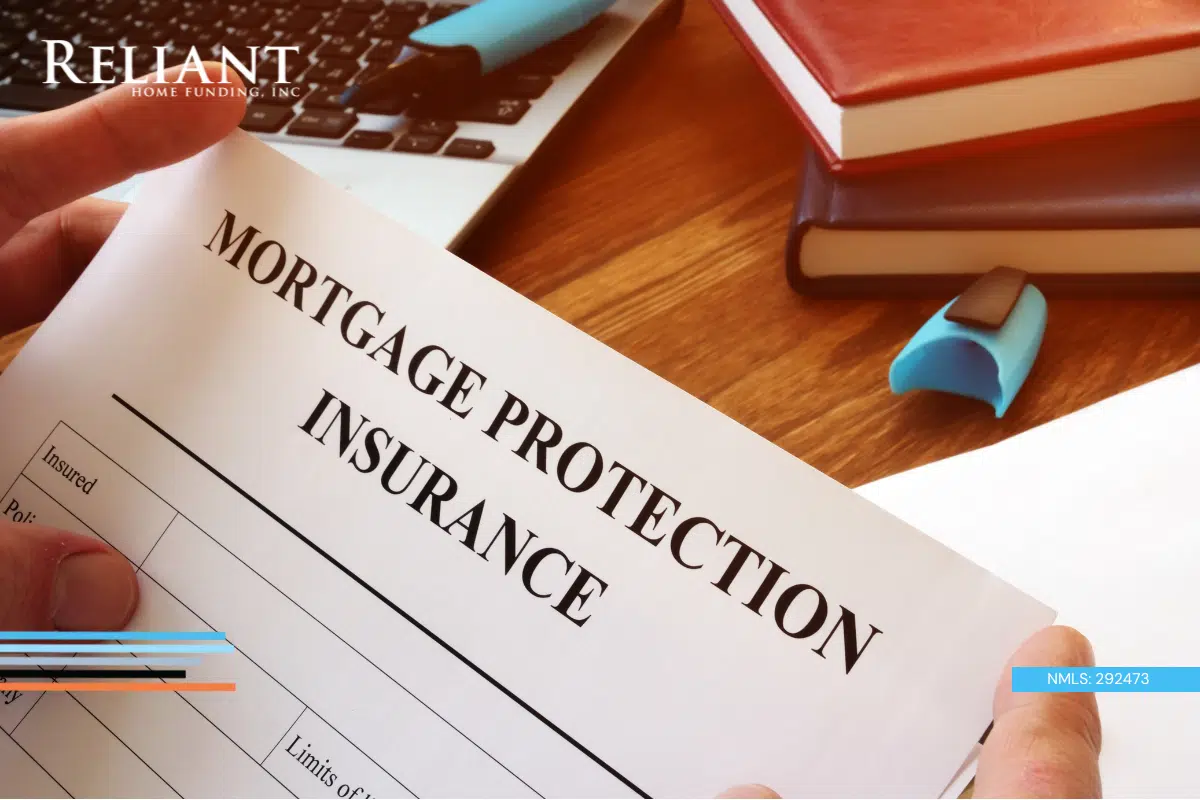So, you’re in the market to buy a house on Long Island? Congratulations! This island paradise is one of the most coveted places to live in the world. But something that often gets overlooked during the mortgage process is Prime Mortgage Insurance (PMI). Don’t know what that is? Fear not, we’ll break it all down for you in this blog post. Trust us, it’s better to be armed with knowledge and not fall into the PMI trap.
First off – what is PMI? It’s essentially an insurance policy that the lender forces you to take out to protect them in case you default on your mortgage payments. This insurance is non-transferrable and a complete waste of your money. The worst part is that it generally costs up to 1.5% of your loan amount every year. That means if you borrow $500,000, you’re forking over $7,500 every year. Good luck saving for that dream vacation!
Secondly, PMI is only required for those who cannot afford to make a 20% down payment on their home. So, if you can’t swing 20%, you’ll automatically be on the hook for PMI payments every month. The kicker here is that PMI will remain in effect until your loan balance drops below 80%. That means, depending on your payment schedule, you could be shelling out extra funds for several years.
The third point to understand is how to get rid of PMI. Unfortunately, getting rid of this pesky insurance isn’t always that easy. In fact, some lenders will require you to keep paying it even after you’ve reached a 20% equity stake. So, before you sign on the dotted line, make sure to read the fine print and understand exactly when you can say goodbye to PMI and start enjoying more money for yourself.
Fourth, there’s one more option if you want to avoid PMI altogether: get your mortgage through a credit union. Credit unions often have looser guidelines when it comes to PMI and may only require a 10% down payment to prevent the need for insurance. Additionally, their interest rates are often much lower than those of traditional lenders.
To wrap things up, PMI is a sneaky, hidden cost that can eat away at your budget. Don’t be caught off guard! Know exactly what it is, when it applies, how to get rid of it, and how you may be able to avoid it altogether. By doing so, you’ll be protecting your finances and putting yourself in a much better position to enjoy life on beautiful Long Island and everything it has to offer!



